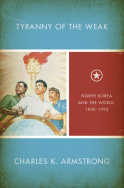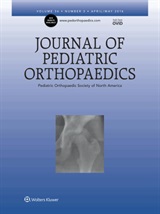 A new analysis of retractions from Korean journals reveals some interesting trends.
A new analysis of retractions from Korean journals reveals some interesting trends.
For one, the authors found most papers in Korean journals are retracted for duplication (57%), a higher rate than what’s been reported in other studies. The authors also deemed some retractions were “inappropriate” according to guidelines established by the Committee on Publication Ethics (COPE) — for instance, retracting the article another paper duplicated from, or pulling a paper when an erratum would have sufficed.
One sentence from “Characteristics of Retractions from Korean Medical Journals in the KoreaMed Database: A Bibliometric Analysis,” however, particularly struck us: Continue reading What do retractions look like in Korean journals?
 An award-winning account of North Korea during the Cold War has fallen under criticism, claiming the author included material not supported by the list of references.
An award-winning account of North Korea during the Cold War has fallen under criticism, claiming the author included material not supported by the list of references.
 With so many
With so many 


 The corresponding author asked the Journal of Pediatric Orthopaedics to retract an article that found popular pain medicines can curb growth in rats, in light of an unresolved authorship dispute.
The corresponding author asked the Journal of Pediatric Orthopaedics to retract an article that found popular pain medicines can curb growth in rats, in light of an unresolved authorship dispute.
